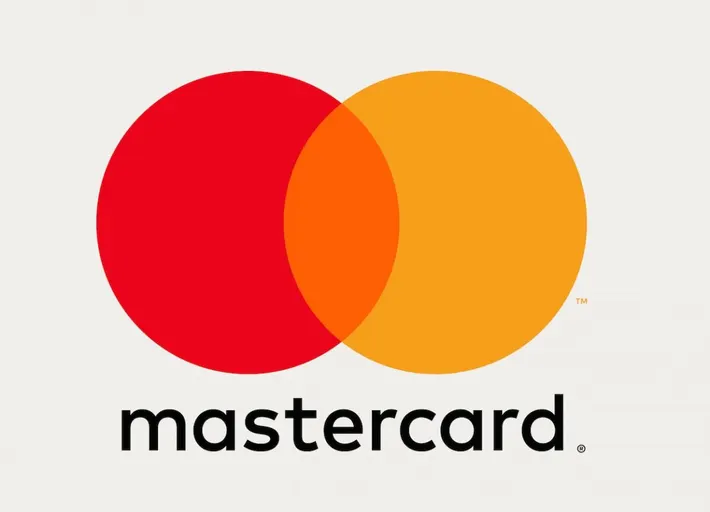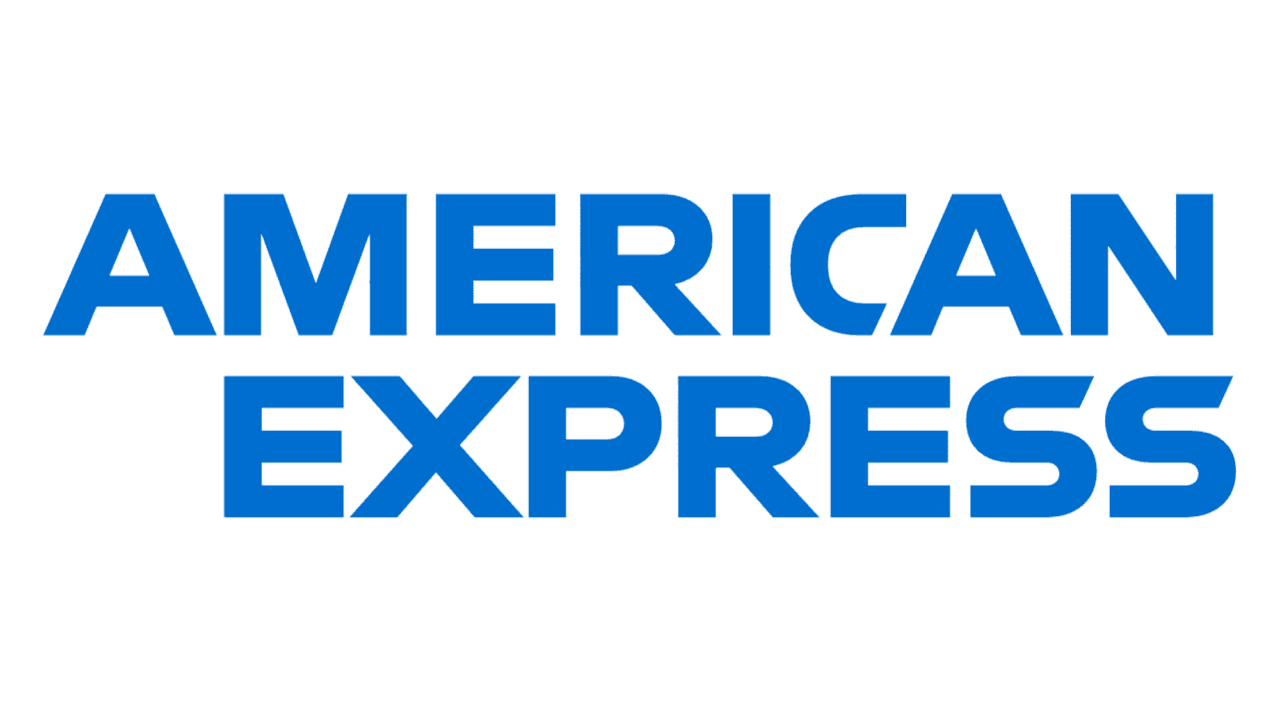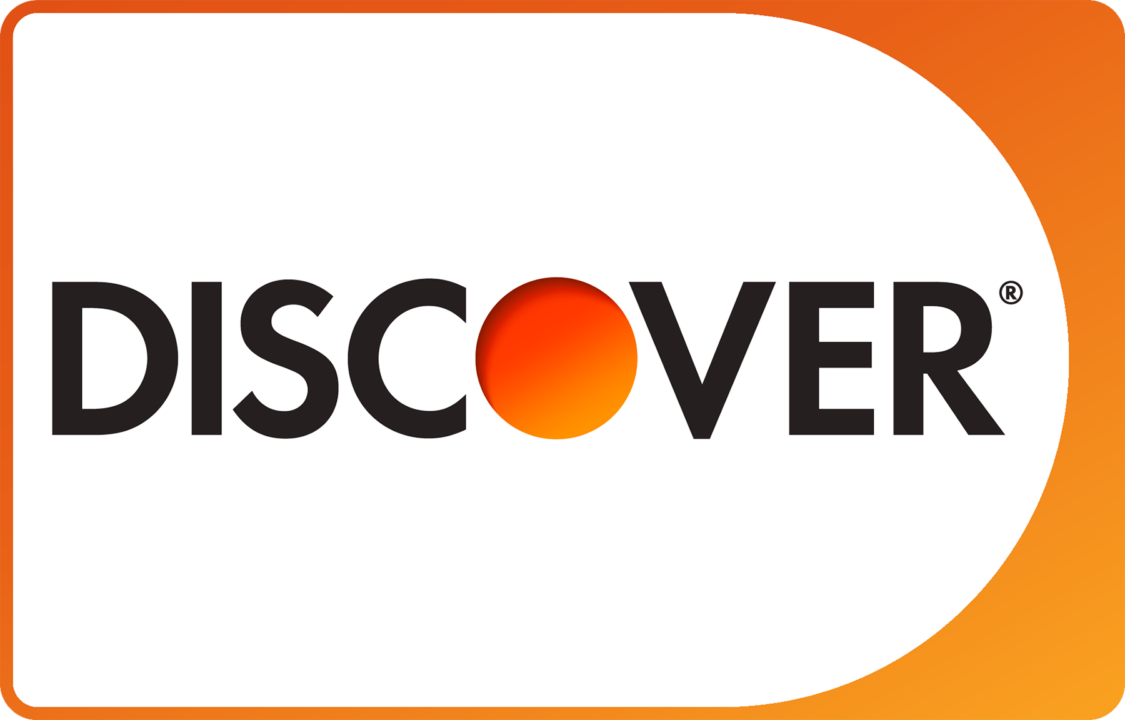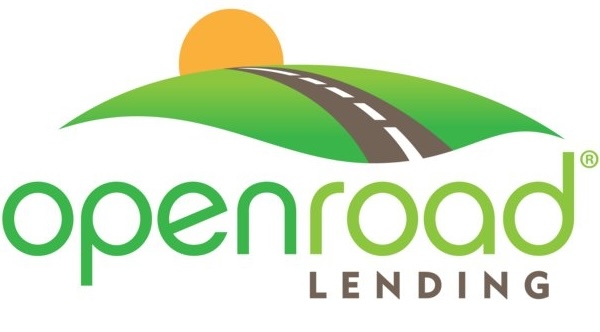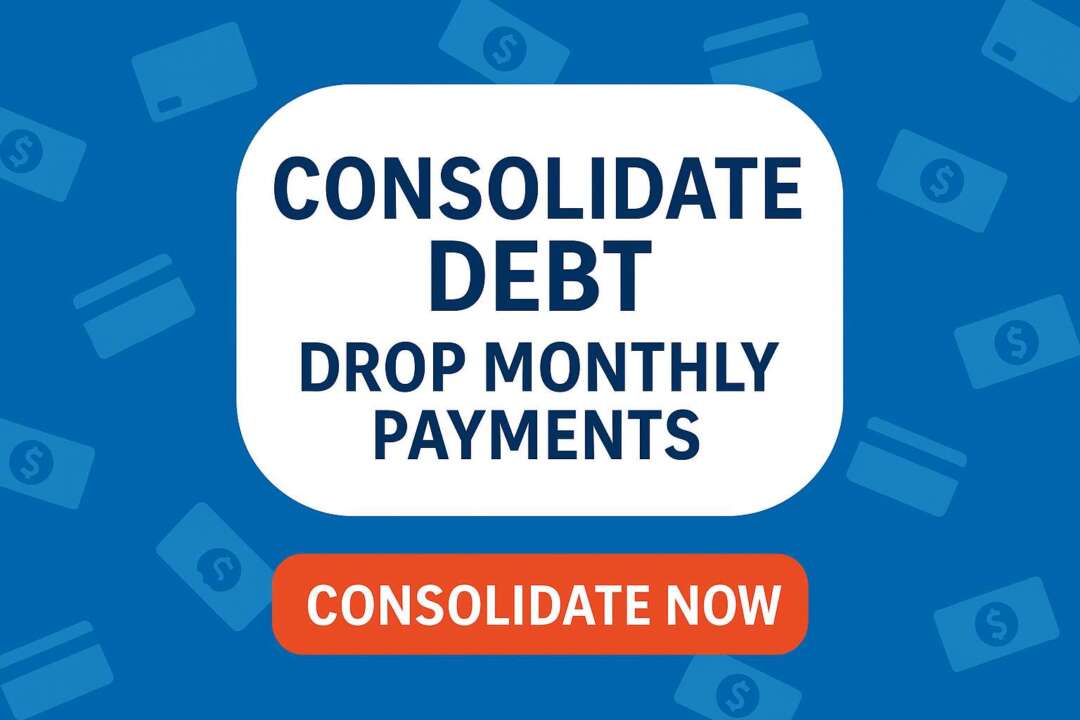In this Article
Have you received a loan offer from LendingPoint? Maybe you’ve seen them and are wondering whether you should apply for a debt consolidation loan from them. Just wondering why there isn’t a space between Lending and Point in their name? If you want to learn all about LendingPoint, you’ve come to the right place.
Is LendingPoint a legitimate company?
LendingPoint is a privately held company headquartered in Atlanta. For our purposes, “privately held” simply means that there is not as much information about them or how they operate as publicly traded companies. But there’s still a lot we do know.
Quick facts
- They were founded in 2015 and have been named one of the fastest growing companies in four different years.
- They provide personal loans, point of sale lending, and small business loans.
- They offer loans in 48 states and the District of Columbia. They don’t offer loans in Nevada or West Virginia.
- They are directly licensed to lend in a few states. However, when you borrow from LendingPoint, you are more likely to be actually borrowing from FinWise Bank, Midland States Bank, or Coastal Community Bank.
Since most of their lending is done through banks they are closely monitored by the government regulators. These regulators look over their policies, advertisements, and communications frequently regularly. That doesn’t mean that they will give you the best deal. But it does mean that they are a real, legitimate company.
LendingPoint debt consolidation loan details
LendingPoint lends between $2,000 and $36,500. This weird maximum loan amount is likely a function of the origination fee. More on origination fees below.
LendingPoints loans last for 2 to 6 years. Six years is about as long as we have seen from any of these kinds of loans. On the one hand, that’s good because it could keep your payment more manageable. On the other hand, it means paying interest for a long time. The longer it takes to get out of debt, the higher the chances of something else going wrong.
LendingPoint charges between 7.99% and 35.99% APR on their loans. The rate you get will depend on the size of the loan and your personal financial situation. As part of that APR, LendingPoint will charge an origination fee that can be as much as 10%. Ten percent is a high origination fee, so you will want to pay close attention to what they offer you.
The LendingPoint debt consolidation application process
You apply for a LendingPoint loan online or–if you want to talk with a real human–you can call them directly. If you have all the documents you need, applying should only take a few minutes. Once your application is complete and submitted, approval comes in seconds. It is possible that they will request additional information before approving you. If you are denied, they will tell you why. That’s a legal requirement and it’s called a NOAA, or notice of adverse action.
Basic requirements
- 18 years old or older
- Have a U.S. government issued ID
- Have a minimum income of $35,000
- Have an active bank account in your name, and
- Not live in Nevada or West Virginia
Documents needed
- A driver’s license or other government ID
- A pay stub showing income
- A bank statement
- And verification of employment
With your authorization, they will check your credit report with the credit bureaus as well.
Is it hard to get a loan with LendingPoint?
Whether it is hard to get a loan with LendingPoint is relative. If you have a modest income and damaged credit, I think it is fair to say that it will indeed be hard to get any loan with LendingPoint.
LendingPoint does not mention whether they have a minimum credit score for approval. A lot of websites guess at what LendingPoint requires, but none of them agree. It’s likely that they don’t have an actual minimum credit score but instead use a proprietary credit model that doesn’t use credit score. They will use things very similar to credit scores. Because of that, they likely approve very few people with scores below 620..
Expect them to look at your debt-to-income and payment-to-income ratios, recent credit behavior, and other financial measures to determine how much to offer you and at what interest rate. The only way to know for sure if they would approve you is to apply.
LendingPoint debt consolidation loan agreement
Since LendingPoint doesn’t publish their policies on their website, so you need to read the loan agreement before you decide to take the loan. They are unlikely to be hiding anything, but it does mean that you have to do a little extra work before you sign on the dotted line. Here’s some things you should look for?
Origination Fee
First thing you should look for is the origination fee. This should be really obvious because, by law, they’ve got to include the origination fee in the APR. So, it should be upfront. They say that the origination fee varies by state and that it can be as high as 10%. Ten percent is a pretty high origination fee, especially for loans over $5,000. Five percent would be high for loans over $10,000.
Even though the origination fee is included in the APR, you can’t just make sure that the APR is lower than any other offers you might get. This is because if you pay off your loan early, they still keep all of the origination fee. In effect, by paying off your loan early, your effective APR will be higher than the stated APR. So, if you plan to pay off a 5 year loan within one year, a high origination fee will make your actual APR much higher than it is stated in your loan agreement.
Other Fees
LendingPoint’s website does not mention a late fee, but I suspect that they have one. A $15 late fee for a loan payment is pretty standard. A $30 late fee is high. You will also want to check when they charge the late fee. Some lenders don’t charge the fee until after a grace period, usually 15 days. If you have been late paying any of your other bills during the last year, you should factor in some late fees into the total cost of your loan, just to be on the safe side.
The other fee you should look for in a loan agreement is an NSF fee, or non-sufficient fund fee. A lender charges you this fee if they attempt to withdraw your payment and you don’t have enough money in the bank. If your checking account often drops below the monthly payment for the proposed loan, you should also consider a couple of NSF fees in the total cost of the loan.
Is LendingPoint good for debt consolidation?
When you apply for a LendingPoint loan, they ask you what the purpose of your loan is. You can select debt consolidation from the drop-down menu, but it is unclear whether they actually do anything with that information. It may just be for marketing purposes, although there is a chance it plays a role in the underwriting.
When it comes to debt consolidation, LendingPoint does not appear to have the option of having them pay off your other loans directly. That’s not necessarily bad, but it does indicate that they haven’t spent as many resources developing the features to cater to people trying to consolidate their debt.
It’s unclear if they make allowances for debt consolidation when they make a lending decision on how much to lend you. In other words, are they taking into account that the LendingPoint loan payment would replace other monthly payments? If not, competitors will probably offer you a better rate or a higher loan amount. The only way to be sure if you are getting the best deal you can, is you shop around.
Actions to take a before getting debt consolidation loan
The first thing you should always do before you take a debt consolidation loan is to shop around. Never take a loan unless you’ve applied to at least 3-4 lenders. Ideally, you will have at least two offers in hand before you take a loan.
Why? Well, every lender has different algorithms for determining whether to lend you money, how much, and at what rate. Lenders don’t make decisions based on credit score alone. They each develop their own criteria. You might score better for one lender than another, simply because of how they weigh different aspects of your financial life. You owe it to yourself to get the best deal you can.
We’ve tried to make shopping around easy at The Yukon Project. With a single application, you can apply to up to 40 lenders at once to see what rate they would offer you. The lenders do a soft credit inquiry, so it won’t negatively affect your credit score, either. Whether you take a loan from one of our partners or not, you should always shop around to ensure you are getting the best deal.
Another thing you should always do before you take a debt consolidation loan is that you need to be really clear about what loans you should be consolidating and which ones you should absolutely NOT consolidate. Simply put, do not consolidate any debts that you can reasonably pay off within the next 8-12 months. This is because a new loan just means that you will be paying that amount over 3-5 years. Also, do not consolidate any debts that currently have a lower interest rate than the APR of the new loan. That will just mean paying more interest than you currently are on that money.
LendingPoint summary
It’s hard to recommend LendingPoint because they aren’t as clear about their policies as we would like them to be.
Here’s what we like:
- They offer meaningful loan amounts
- They have decent interest rates
- They don’t have prepayment penalties
- They have a mobile app
Here’s what we’re cautious about:
- They aren’t clear about their fees
- Their origination fee can be very high
- They offer a 6 year term, which seems too long














